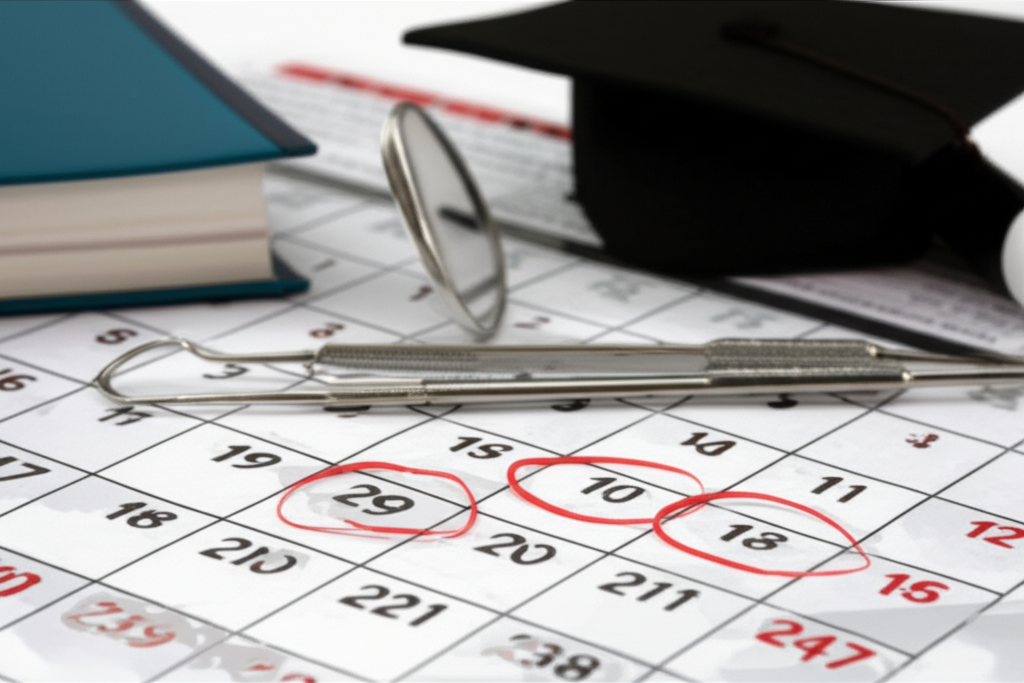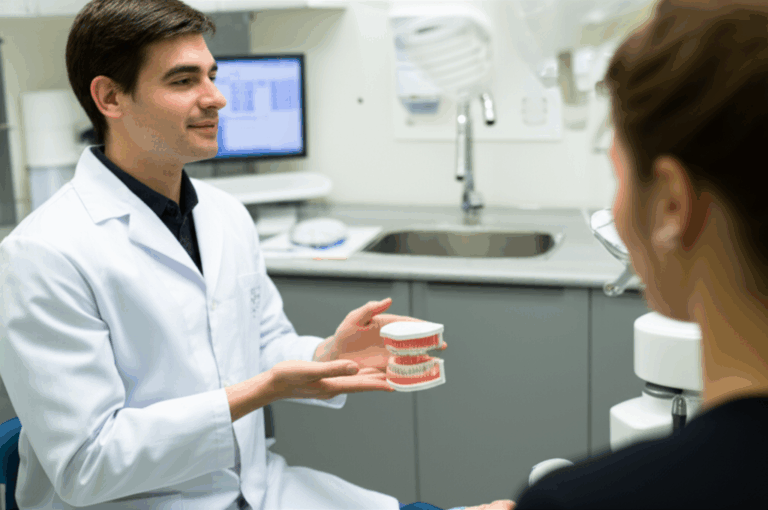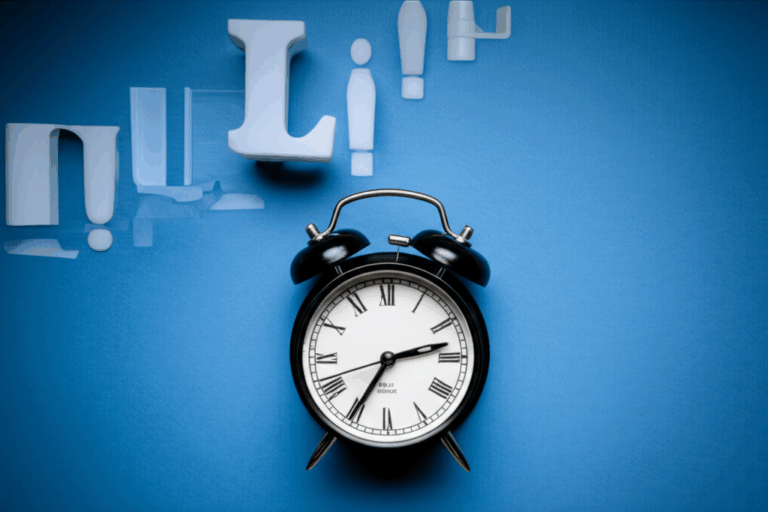
How Long Does It Really Take to Become a Dentist in Canada? Your Complete Timeline Guide
Dreaming of becoming a dentist in Canada? It’s a big dream and a long journey, but it can be exciting too! In this article, I’ll walk you through every step you need to take, from finishing high school to becoming a licensed dentist. You’ll see how much time you need for each part, what to study, tips to get ahead, and what might make your journey faster or slower. Whether you’re curious about how much it costs, what’s tough, or even about dental specialties, this guide covers it all.
Table of Contents
Introduction: Why Becoming a Dentist in Canada Is a Great Choice
Did you ever wonder if you could make a big difference in someone’s life? Dentists help people feel better and smile more. Right now, dentists are needed all over Canada. The journey is not quick, but every step matters! This article is for anyone who wants a simple, honest guide to becoming a dentist—even if you’re just starting out in high school.
What Are the Steps to Becoming a Dentist in Canada?
Here is a simple list of what you’ll have to do:
- Finish high school (OSSD or equal)
- Do at least two years of college (most do 3–4 years or a full degree)
- Pass the Dental Admission Test (DAT)
- Get into dental school (DDS or DMD program)
- Finish dental school (4 years)
- Pass the NDEB licensing exams and sign up with your province
- (Optional) Complete a dental specialty program
This sounds long, but every dentist started right where you are now!
How Long Does Each Step Take? A Realistic Timeline
Let’s look at each stage and how long it might take. Here’s a simple table so you can see it at a glance:
| Step | Typical Duration | What’s Involved |
|---|---|---|
| High School | 4 years | Focus on science and math |
| Pre-Dental Undergraduate | 2–4 years | Science classes, keep a high GPA, DAT study |
| DAT Preparation | 3–6 months | Study for Dental Admission Test |
| Dental School (DDS/DMD) | 4 years | Labs, practice, classes |
| Licensing Exams (NDEB/Provincial) | 3–12 months | Written and practical exams, registration |
| Specialization (Optional) | 2–6+ years | Extra dental training (like braces or gum specialist) |
Most students spend 8–10 years after high school to become a dentist in Canada. You might go a little faster with extra courses, but most people take the usual time.
What Do You Study Before Dental School?
You need a good basic understanding of science. Dental schools want to see high marks in biology, chemistry, organic chemistry, and physics. Many students pick Life Sciences or Biomedical Sciences in college, but any major is okay as long as you get the science credits.
Here is why your college years matter:
- Most schools want a high GPA, usually between 3.7 and 4.0.
- Science courses are tough! Good marks show you can handle the work.
- A lot of students try to work or volunteer in dental clinics during college.
Dr. Joe Dental says, “Start working with a dentist early! Real experience helps you a lot.”
How Tough Is It to Get Into Dental School in Canada?
Getting into dental school is really hard. Only about 1 in 10 people who apply will get in each year. You’ll need:
- Good DAT scores (especially in science and shape ability)
- High grades in college
- Letters from teachers or dentists
- A personal story (personal statement)
- Proof you do things outside class, like volunteering or working
- An interview to show your people skills
Tip: Use the dental practical guide to help with your application.
Don’t feel scared by the stats! Many people try more than once before getting in. The key is not giving up and trying to get better every year.
What Happens in Canadian Dental School?
Dental school is four years and has two main parts: classroom learning and hands-on training.
- First Two Years: You’ll study teeth, gums, bones, health, and sickness in class and labs.
- Last Two Years: You’ll start seeing and helping real patients, but with a teacher watching. These are called clinical rotations and they’re often the most fun and the most stressful part.
You’ll also learn about right and wrong in dentistry, dental technology, and how to run an office. Some schools are a bit different, but the basics are about the same across Canada.
During training, you might see things made in a digital dental lab or in a dental ceramics lab. Seeing how these things work is pretty cool!
What Is the Licensing Process for Dentists?
After dental school, you still need a license. You must pass the National Dental Examining Board (NDEB) exams:
- A long written exam that covers what you learned
- A hands-on exam (OSCE) where you solve patient stories (on paper)
When you pass and sign up with the dental group in your province (like Ontario’s RCDSO), you’re ready to work!
Getting licensed takes about three months to a year after finishing school. Most people can start their job in about a year.
Does Specializing Add More Years?
If you want to be more than a general dentist—maybe an orthodontist, gum or oral surgery specialist—you need more training.
After dental school, you:
- Apply for a specialty program
- Study full time for 2–6 more years, depending on what you pick (oral surgery is longest)
- Pass more exams and maybe do some research
Specializing is super hard, but if you like learning or want to be the best at one thing, it might be perfect for you.
Many specialists work with special products made by a top crown and bridge lab, where high quality is really important.
How Much Does It Cost and What About Student Debt?
Dentist school is expensive. Dental school in Canada costs from $20,000 to $70,000 a year for Canadians. Students from other countries might pay up to $100,000 a year.
Add up undergrad, supplies, and rent, and most Canadian dentists leave school with lots of student loans.
But here is the good news: Dentists in Canada make a lot of money. Most pay off their loans in a couple years after they start work, especially if they spend wisely.
Dr. Joe Dental says, “It’s hard with loans at first, but you pay them off fast if you watch your money and get working right away.”
Can International Dentists Work in Canada?
If you did dental school outside Canada, you must follow the NDEB equivalency process. This means you must:
- Prove your school training (sometimes take extra classes in Canada)
- Pass written and practical tests
- Sign up for a Canadian license
This can take two or more years and sometimes costs more money. It’s important to plan ahead and get help from a dental group in Canada.
The Fast, Typical, and Specialist Paths Summed Up
What is the fastest way to become a dentist? Here’s a quick list:
- Fastest Path (Rare):
- 2 years college + 4 years dental school + ~1 year licensing = as fast as 6.5–7 years, but most need a full degree first.
- Typical Path:
- 3–4 years college + 4 years dental school + ~1 year licensing = 7.5–9 years (most people do this).
- Specialist Path:
- Typical path + specialty (2–6+ years) = 9.5–15+ years in total.
Few people do the “fast path,” but it’s good to know it’s possible if you work very hard!
What Career Opportunities and Benefits Await You?
Dentists in Canada get:
- A job people respect
- Great pay (usually over $120,000 a year for general dentists, even more for specialists)
- A chance to run their own office
- The chance to really help people
You can also focus on things like fixing teeth with veneers, working with kids, or making new dental tools.
And if you want your office to give great service, work with a top china dental lab for good crowns, bridges, dentures and more.
Frequently Asked Questions
Q: How many years do I need to study to be a dentist in Canada after high school?
A: Usually 8–10 years, counting university, dental school, and getting your license.
Q: Do I have to finish a full degree before dental school?
A: Not always. Some schools let you apply after two years, but most people finish their degree first.
Q: How much will it cost in total?
A: Expect $100,000 to $200,000 for school, not counting somewhere to live.
Q: Can I be a dental assistant first?
A: Yes, but to be a dentist you still need to finish all the steps above.
Q: What’s harder: medicine or dentistry?
A: Both are hard, but dentistry needs really good hand skills and patient care. Time for both is about the same.
Q: Can I start a specialty right after dental school?
A: Yes, if you get accepted! If not, you can work as a general dentist and try again later.
Key Points to Remember
- Becoming a dentist takes a long time—usually 8–10 years after high school.
- Good science marks in school and college help you a lot.
- Dental school adds four more years of hard work in classes and clinics.
- Passing exams is the last step before working in Canada.
- Specialties add even more years, but many think it’s worth it.
- School costs a lot, but dentist pay is high and you’ll pay off loans fast.
- Dentists from other countries have extra steps to follow.
- Dentistry is a respected job with many paths and a chance to help people every day.
- Working with good labs, like a digital dental lab or a crown and bridge lab, can help you give your patients great results.
If you want a job where you change lives and feel good about your work, dentistry in Canada could be for you. Keep this guide, and take your first step now!
*Reviewed and approved by Dr. Joe Dental, DDS.
References:
- Canadian Dental Association (CDA)
- National Dental Examining Board of Canada (NDEB)
- University of Toronto, Faculty of Dentistry
- Canadian Dental Accreditation Commission (CDAC)*








